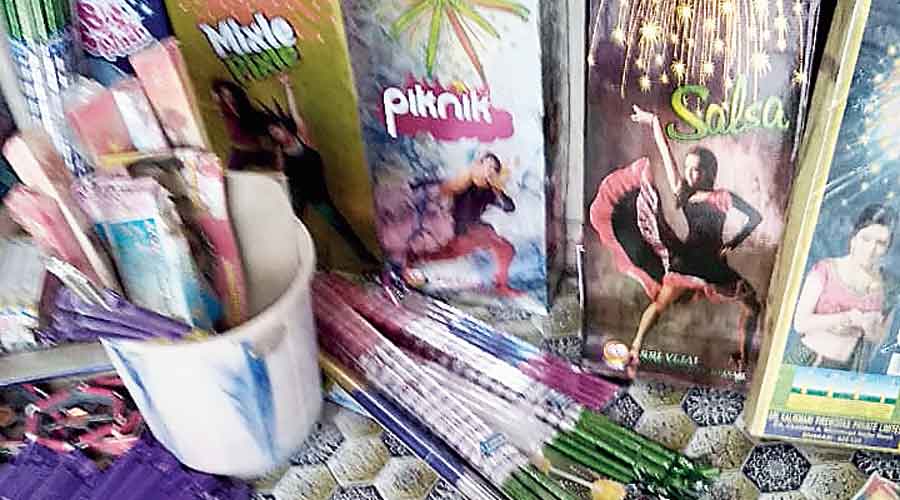The message was loud and clear. In an unprecedented move last week, the Calcutta High Court banned the use of all firecrackers, including ‘green crackers’, across Bengal during celebrations of not only Kali Puja and Diwali but also other upcoming festivals this year. This verdict, however, has since been set aside by the Supreme Court, allowing the use of green crackers. But the high court’s judgment has opened up new avenues of investigation — experts have argued that green crackers may not be as safe for the environment as their name suggests. Despite lower decibel levels compared to their conventional counterparts, they continue to pose a hazard to the infirm and the elderly. Further, these crackers only reduce emissions by 10 to 30 per cent. This is hardly enough to arrest the trend of air quality degradation — air pollution levels in several Indian cities, including Delhi and Lucknow, witnessed significant spikes following Diwali even in 2020. Moreover, the lack of scientific studies in the public domain on the effects of green crackers on human health is conspicuous. Further, any benefit from the use of green firecrackers is being compromised by the continued sale of non-green crackers — green crackers reportedly account for only 5-10 per cent of the total stock of big dealers and sellers in Calcutta. In the absence of a robust mechanism to distinguish between the two, there is concern that a ban would hardly be effectively implemented on the ground.
If India is to meet its Paris agreement goal, then the complete phasing out of fireworks is unavoidable in the long run — they release metal particles, toxins, and indirect greenhouse gases like sulphur dioxide in the air and contribute to climate change. However, pronouncing a blanket ban is understandably difficult — the firecracker industry, valued at an estimated Rs 5,000 crore and providing employment to around 10 lakh people, is a major contributor to India’s informal economy. In fact, in places like Sivakasi, which produces 90 per cent of all firecrackers in India, the industry is indispensable. Eliminating the use of firecrackers will thus require the rehabilitation of a large section of this unskilled workforce. Further, availability of viable green alternatives needs to be ensured to discourage the illegal sale of non-green crackers — distributors in Bengal are reportedly having to procure them from outside the state. The use of harmful chemical components — barium nitrate continues to be used, even in green crackers — must be tackled on a war-footing. The path to a quiet, healthy Diwali is, evidently, yet to be free of numerous obstacles.










